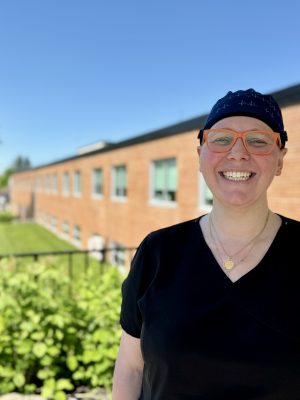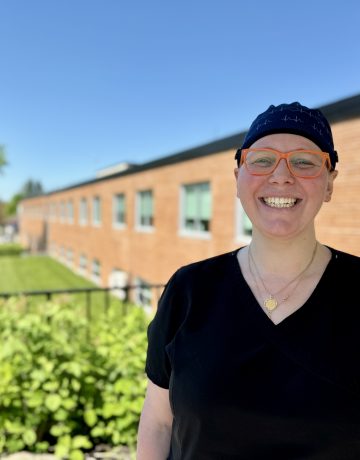Hand washing is the best way to prevent the spread of infection. At KDH we are working hard to make sure that all staff practice good hand hygiene.
Your healthcare provider should clean their hands –
- Before contact with you.
- Before a procedure.
- After a procedure.
- After contact with you.
It’s ok to ask any member of your healthcare team, “Did you clean your hands?” Reminders help everyone.
We report our hand hygiene compliance rates annually; to see our rates, click here.
Hand washing is not just important for staff – to stop the spread of germs, it’s important for everyone in the hospital to practice good hand hygiene, including patients, families and visitors. Please use the hand sanitizer provided at hand cleaning stations throughout the hospital. You can also wash your hands with soap and water. It is especially important to clean your hands –
- On entering and exiting the hospital.
- Before entering a patient room and immediately after leaving a patient room.
- Before eating or drinking.
- Before and after using the toilet or a bedpan.
- Before and after touching any hospital equipment.
- Before and after blowing your nose, sneezing, or coughing.
- Before and after physical contact with a patient.
Did You Know?
- Warm water – not hot or cold – is best for washing your hands.
- You need to rub the soap on your hands for at least 15 seconds – about the time it takes to sing, ‘Twinkle, Twinkle Little Star’.
- Paper towels are the best for drying your hands. Hand dryers that blow hot air stir up bacteria from the floor.
- Alcohol-based hand sanitizer is as good as, if not better than, soap and water: the alcohol in hand sanitizer kills bacteria, while soap and water only remove them.


